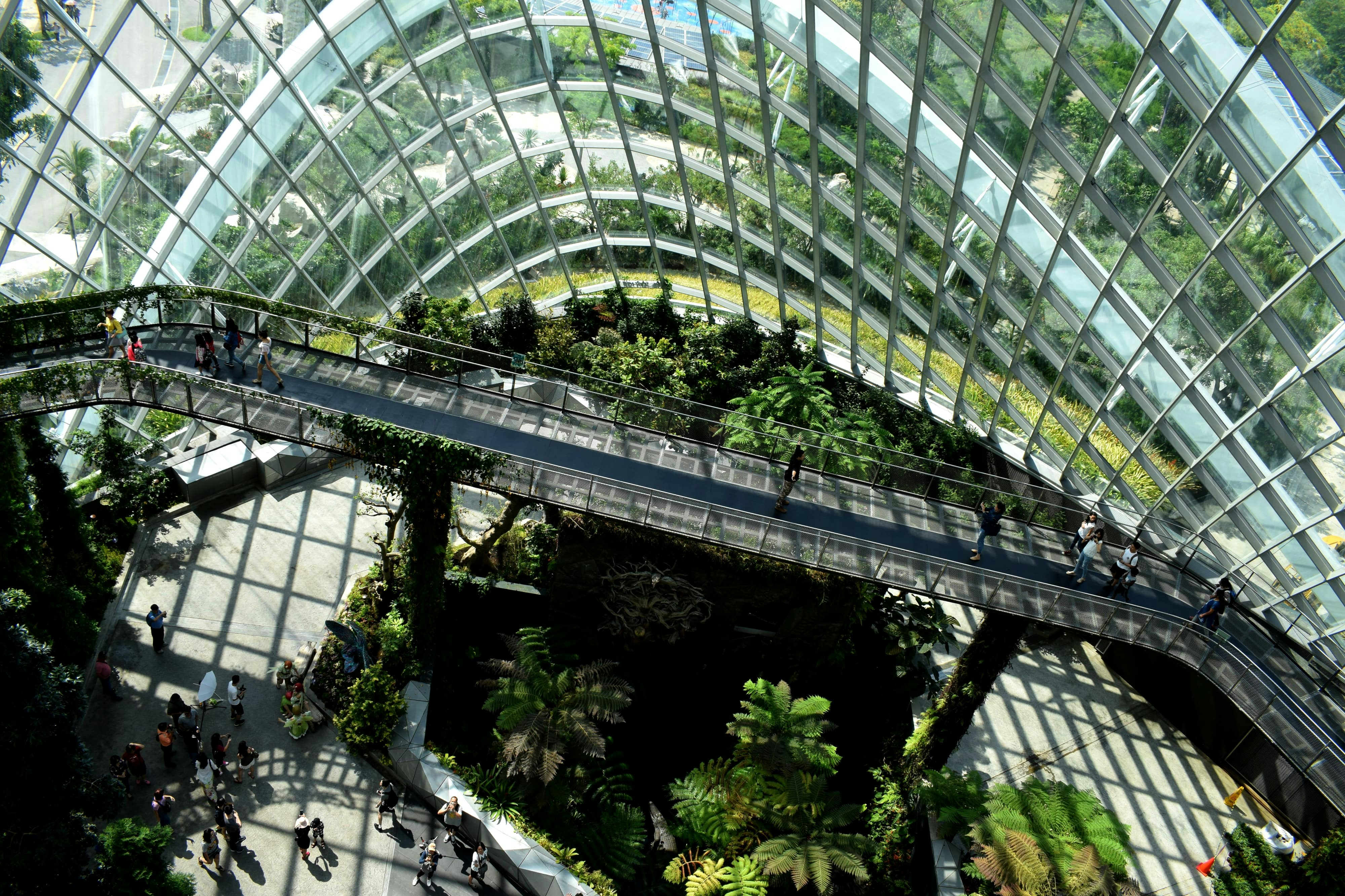Library
02 January 2025
Advancing Sustainable Development Goals through Social Innovation
Library
02 January 2025
Urban and Rural Wellbeing
Energy intensive industries
Health
+10 more
Login / create an account to be able to react
-
26

Published in Sustainability, a journal focusing on environmental, social, and economic solutions, this study explores the transformative potential of social innovation in achieving the Sustainable Development Goals (SDGs). It highlights how innovative approaches empower communities, foster environmental sustainability, and address socio-economic inequalities. The study includes case studies on renewable energy projects, waste management, and social inclusion, providing practical examples and actionable insights.
Topics
Denmark
Germany
Greece
Italy
Portugal
Spain
Sweden
Academic / Research and VET Institutions
EU Institutions
International Organisations
Local Authorities
National authorities
NGOs / Non-profits
Regional Authorities
Social Economy Entity
-
Thematic area
-
-
Urban and Rural Wellbeing
-
-
Interlinkages with other sectors
-
-
Energy intensive industries
-
Health
-
-
Action areas and keywords
-
-
15-minute city
-
Micro mobility
-
Smart mobility
-
Socially oriented territorial regeneration
-
-
Ecosystem focus
-
-
Proximity economy
-
Social economy
-
-
Scope of activity
-
-
International
-
Local/neighbourhood
-
National
-
Regional
-
Share
Published in Sustainability, a journal focusing on environmental, social, and economic solutions, in 2024 by Beatrice Maria Bellè and Alessandro Deserti of the Politecnico di Milano, this study explores Urban Greening Plans (UGPs) as tools to advance sustainability, climate neutrality, and biodiversity. With the European Union aiming to achieve climate neutrality by 2050, the research highlights the growing importance of green spaces in tackling climate change, enhancing biodiversity, and fostering urban inclusivity.
The study evaluates UGPs through three lenses: property rights, ecological sustainability, and civic participation, showing their potential to balance preservation (“nature-for-nature”) with human-focused benefits (“nature-for-society”). UGPs are positioned as essential for integrating green spaces into urban planning, addressing challenges such as social inequality, biodiversity loss, and the ecological impact of urbanisation.
In the form of case studies, two leading examples of Urban Greening Projects (UGPs), Barcelona and Paris, are analysed in this study:
• Barcelona combats dense urbanisation and climatic issues through initiatives like the Superblocks Programme and the Barcelona Nature Plan 2030. These projects transform public spaces into greener, more inclusive areas, emphasising co-creation* and social justice.
• Paris incorporates UGPs into its 15-minute city concept, prioritising green spaces for community well-being. Projects such as the Oasis Schoolyards and the Plan Arbre aim to expand vegetation by 20% by 2026 while fostering biodiversity and social cohesion.
The study identifies challenges such as the integration of Urban Greening Projects (UGP) with traditional planning frameworks and ensuring effective stakeholder collaboration. It highlights the importance of co-design and civic participation to create adaptable solutions. The renaming of UGPs to Urban Nature Plans reflects their broader scope, focusing on biodiversity beyond simple greening.
Urban Greening Plans offer a transformative path for cities to achieve sustainability and inclusivity, uniting ecological restoration with social goals. By embedding UGPs within broader urban governance, cities can create greener, fairer, and more resilient futures.
For further details, the full study can be accessed here.
Documents
Comments (0)
See also
-
69
Bridging the Rural-Urban Divide: Addressing Inequalities and Empowering Communities
- Categories
- Agri-food Digital Health +13 more
-
167
Reimagining Urban Living: Mapping the 15-minute City Practices
- Categories
- Mobility, transport, automotive Proximity and social economy 15-minute city +19 more
-
18
Understanding the Proximity and Social Economy Industrial Ecosystem
- Categories
- Partnerships Regenerative Green Transition Skills +65 more




